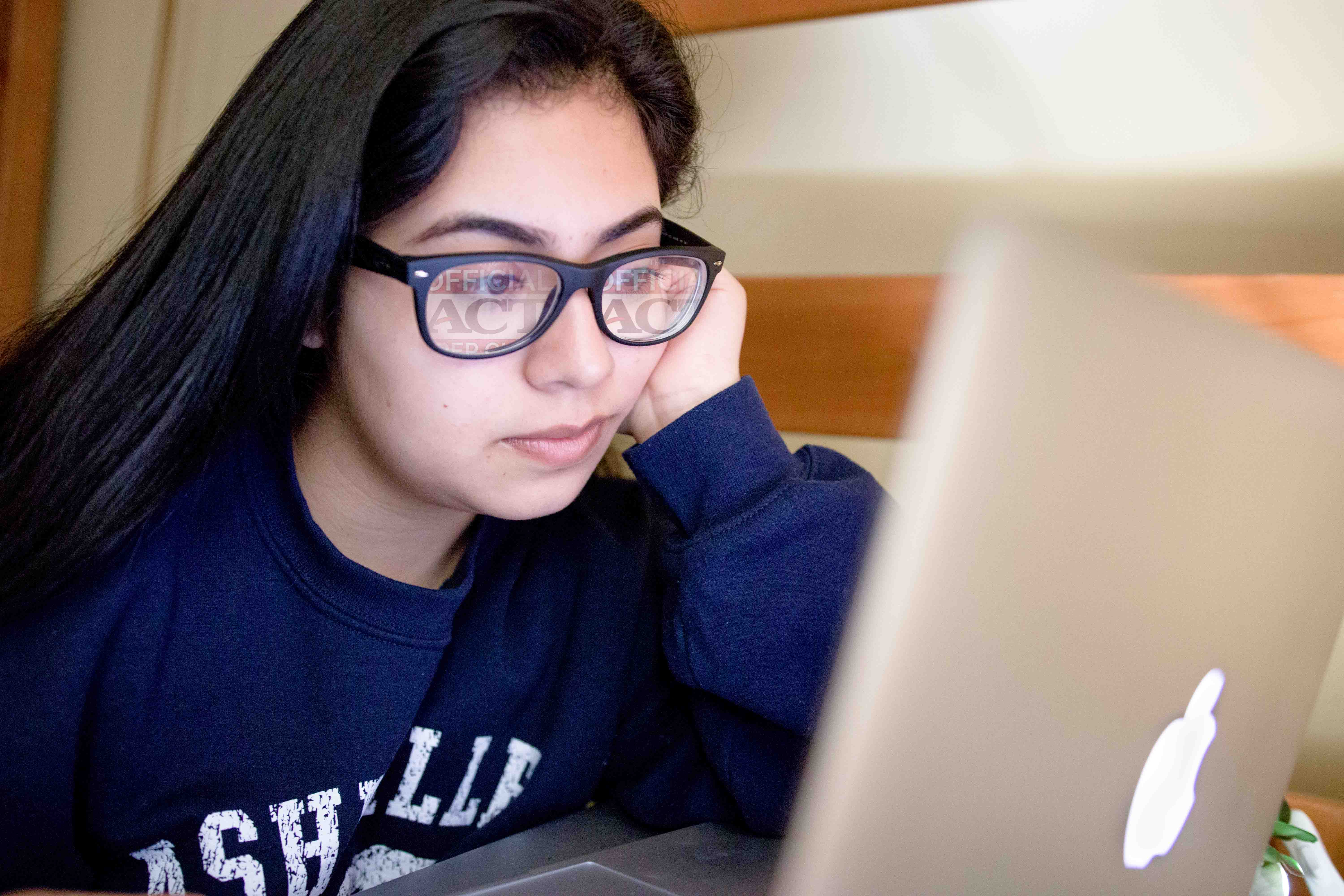By Kaitlyn Lewis & Carley Cole, Staff Writers
Attendants of the second annual Deaf Awareness Day were invited to “Take a ride on the Deaf side” at KSU Monday, Feb. 3. The event, organized by the OWLS American Sign Language Club, took place in the University Rooms of the Student Center and featured several guest speakers advocating for ASL classes, mental health services, and global Deaf human rights.
From 10 a.m. until 3 p.m., speakers were invited to give presentations to inform attendees of various topics within the Deaf and hard of hearing community. According to Senior Psychology major, Kelly Stockdale who the president of OWLS ASL, many people don’t understand what it means to be deaf. Stockdale spoke with the aid of an interpreter, “The [disconnection], or the problem, is that many professors and many people are unaware of deaf and their language skills.”
Stockdale added that because ASL is a different language than English, many deaf students struggle with reading and writing in English. Speakers presenting about Deaf culture and communication included Rebecca Cowan-Story, Christopher Patterson, MeLissa Dennis, Dr. Gregory Farngalo, Jamaica Villegas, and Kevin Steffy. Topics discussed were introducing ASL as a foreign language credit in schools, how Deaf and hard of hearing are treated in public and the workforce locally and internationally, and how to communicate with a Deaf and/ or blind individual.
Story, the State Coordinator for Deaf and Blind Service, provides support for individuals and the family and friends of individuals that deal with combined sensory loss. Story stressed the idea that ASL is a culture, not simply a language. It connects a group of people and supports the Deaf culture. Story explained that the key to communication is the two way delivery of an idea.
Dana Tarter, a Deaf woman who lost her vision in 2011, was also present at Story’s presentation. Tarter communicates through a special type of ASL that allows her to feel with her hands the signs made by an individual. Tarter also travels around with special braille technology in which people can type a message using a keyboard, and the technology translates the message into a braille message for Tarter to read.
Another set of topics included the business and career aspect of Deaf culture. Presenters included Dr. A. Barry Critchfield, Dr. Patricia McHatton, Russell Fleming, and Kevin Henderson. Critchfield, a representative from the Georgia Department of Behavioral Disorders and Developmental Disabilities, discussed the availability of behavioral health services form the Deaf community in Georgia. Critchfield discussed a five year roll out plan that included sensitivity training and informational services, regional intervention and recovery programs for Deaf individuals with addictive disorders, and other mental health services funded by state dollars.
Also in attendance were students from the Cave Spring Center, a vocational rehabilitation center in Cave Spring, Georgia. According to the website, the mission of the Cave Spring Center is to “Help individuals with disabilities develop good attitudes, self- discipline, work ethics, and marketable job skills so they can become successfully employed, contributing members of their communities.” Fleming discussed the main goals of the center and how the students live every day. The center provides employability skills like how to fill out job applications, how to develop an acceptable resume, and work ethics, budget shopping skills, and life skills training.
“There’s a variety of needs for deaf; it’s important to know how to communicate with them.” Stockdale said.

